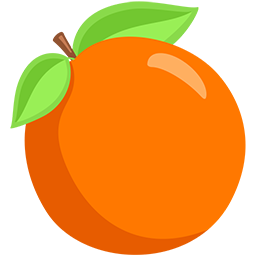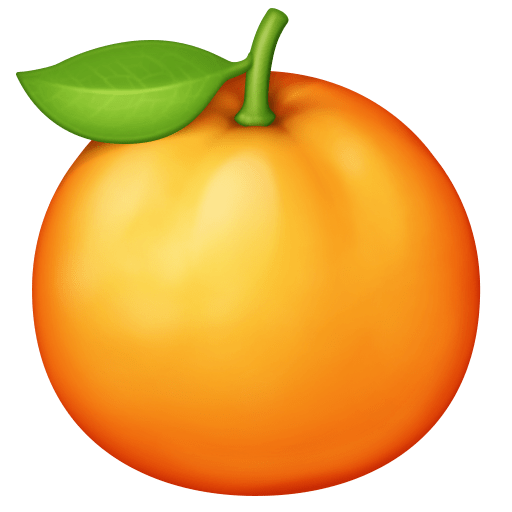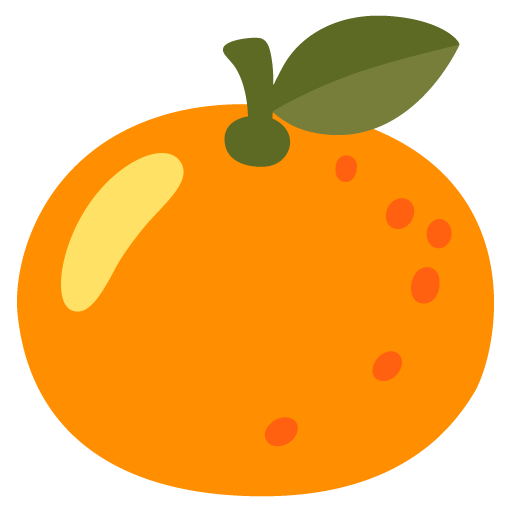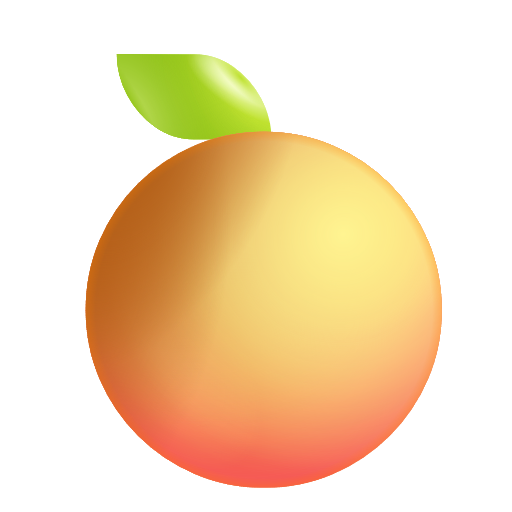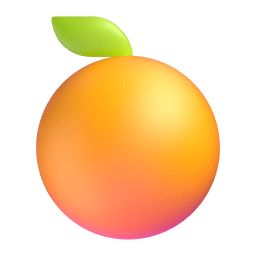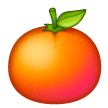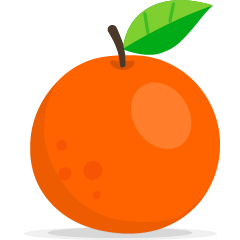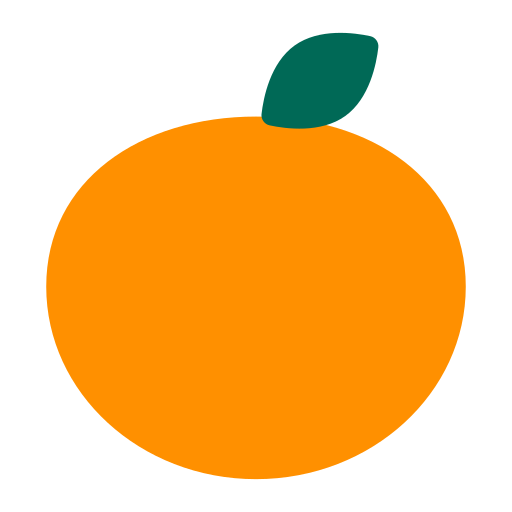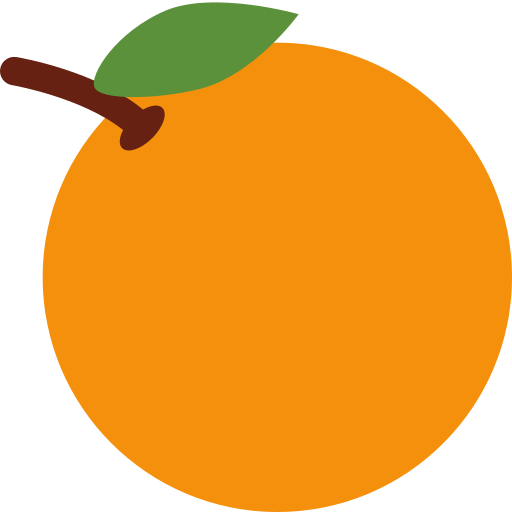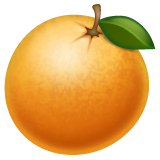🍊 Tangerine
🍊 Orange/Tangerine/Mandarin Meaning
The emoji 🍊 (orange tangerine or orange) is not just a fruit, but a whole set of cultural codes and meanings.
Direct and seasonal:
🍊 Delicious food: “I love oranges”, “I make freshly squeezed juice”, “Fruit salad”.
🍊 Health and vitamins: Symbol of vitamin C, immunity, especially relevant in winter during the cold season.
🍊 New Year and Christmas (in the post-Soviet space and Europe): 🍊 is the main symbol of the winter holidays. It is associated with tangerines, the scent of a Christmas tree, gifts, and family comfort. The phrase "Christmas tree and tangerines" is a ready-made cultural code.
- Example: "Finally bought my first 🍊 for the New Year!"
🍊 Summer and sun: Because of its bright, “sunny” color.
Slang and internet meaning:
- In English slang: The phrase "Orange you glad..." (a pun on "Aren't you glad..."). Emoji can be used as a visual cue to this old joke.
- "That's an orange": An absurd meme where someone states the obvious (that it's an orange) while mocking overly complicated explanations.
- Pop culture and brands:
- Yakuza / Like a Dragon series: Orange is the favorite fruit (and even weapon) of one of the main characters, Goro Majima.
- Cinema: The emoji may reference the cult film The Godfather, where oranges often appear in scenes before impending violence (a well-known cinematic symbol of foreshadowing).
- Indirect associations: Can be used to refer to something orange when there is no relevant emoji (such as a color or logo).
Origin and interesting facts
- It appeared in Unicode 6.0 (2010) under the name "Tangerine." Interestingly, it originally looked more like a tangerine (with a green leaf), but on different platforms it began to be depicted as both an orange and a tangerine.
- Why tangerines for New Year's? This tradition arose in the USSR because, during Soviet times, tangerines were practically the only exotic fruit that was imported en masse into stores just in time for December. They were supplied from Abkhazia and Morocco and became an essential part of the scarce holiday table.
- In China and East Asia, tangerines and oranges are symbols of good luck, prosperity, and wealth. The word for "orange" (橙, chéng) sounds similar to "success" (成, chéng). They are given as gifts during the Lunar New Year.
- In art: Still lifes with oranges are a classic of the genre, a symbol of abundance.
Where and how is it used? Specific examples
🍊 In December: On Instagram and Telegram channels dedicated to holiday preparations.
🍊 In recipes: In stories with the preparation of desserts, cocktails, or marinades.
🍊 How to react: To a message about a cold: "Get well! Go to bed, eat 🍊"
🍊 In politics (rare): Can be used as a symbol of the Orange Revolution or the Dutch royal family (House of Orange).
Cultural differences
- Russia/CIS: 🍊 = tangerines + New Year . This is the strongest and most recognizable meaning.
- China, Vietnam: 🍊 = luck and money (especially during the Lunar New Year).
- US, Europe: 🍊 = healthy snack, Florida, juice . There's a New Year's association, but not a strong one.
- Japan: May be associated with winter and hot baths (onsen), where tangerines are often eaten.
🍊 is one of the warmest and most positive emojis. It evokes celebration, childhood, and health. Its ambiguity is minimal, making it safe to use in almost any situation.
Check 🍊 Tangerine (🍊) emoji codes for devs:
Codepoints
Bytes (UTF-8)
HTML hex
HTML dec
URL escape code
Punycode
JavaScript, JSON, Java
C, C++, Python
CSS
PHP, Ruby
Perl
Unicode Name
Apple Name
Also Known As
Orange
Shortcodes
:mandarin:
:orange:
How emoji 🍊 looks on Apple Iphone, Android and other platforms





